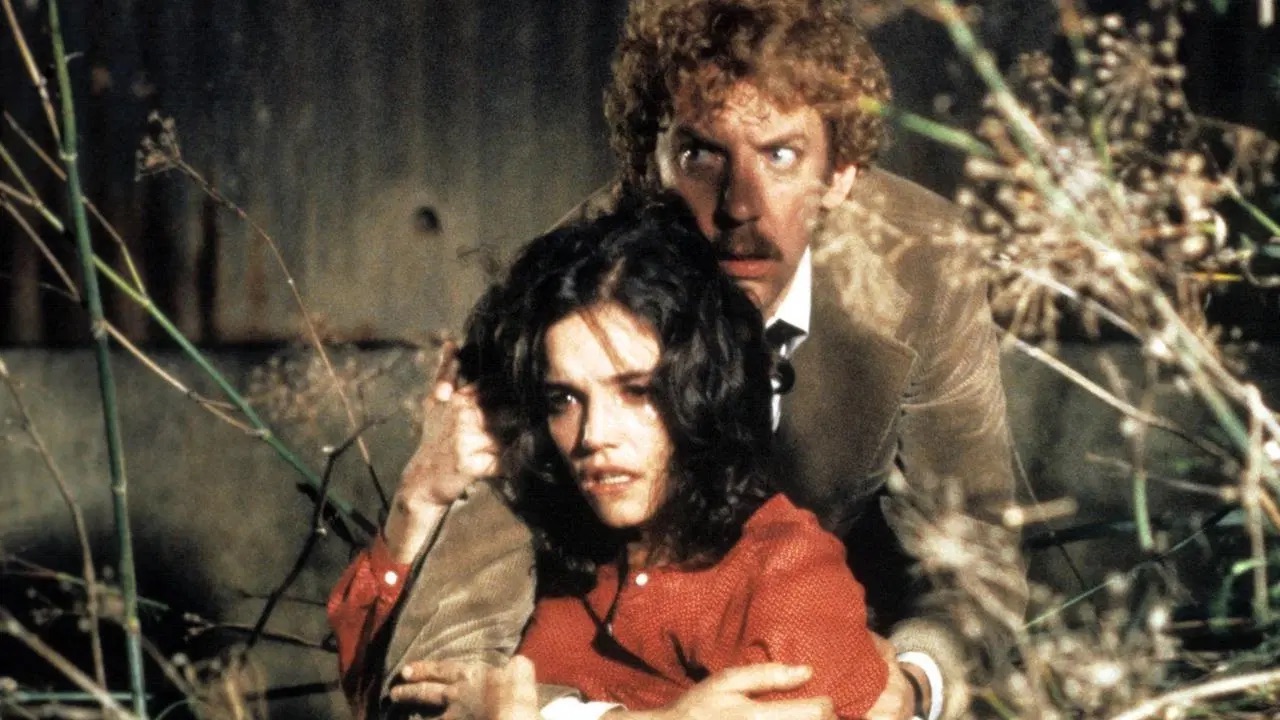
What makes the science-fiction genre such an invaluable form of storytelling is not just the infinite opportunities it lends for the creator to bring their wildest fantasies to life, but also the opportunity to use bizarre and otherworldly concepts as a subtle reflection of our own reality. Perhaps the most essential and, certainly, one of the most influential examples of this is a story most widely known as Invasion of the Body Snatchers, which has served as the basis of some great sci-fi movies (or some great horror movies, if you would prefer to categorize them that way), and a few that are, in my opinion, not quite as great.
Originally published in 1954 in a serialized form under the title The Body Snatchers, writer Jack Finney’s novel depicts an Earth that is slowly being infiltrated by virtually perfect, but emotionless, duplicates of human beings that develop in seed-like pods and replace their hosts as they sleep. The story has since been hailed as a masterclass in paranoia, an ingenious depiction of humanity’s effort to maintain individualism, and, in some interpretations, as The Take recalls, a clever metaphor for the fear of Communism that spread through the U.S. during the Cold War. Most of those same themes would be a staple of the five cinematic adaptations Body Snatchers has inspired so far, which I have ranked from my least favorite to my most admired, below. We will start with one that you might not have heard of.
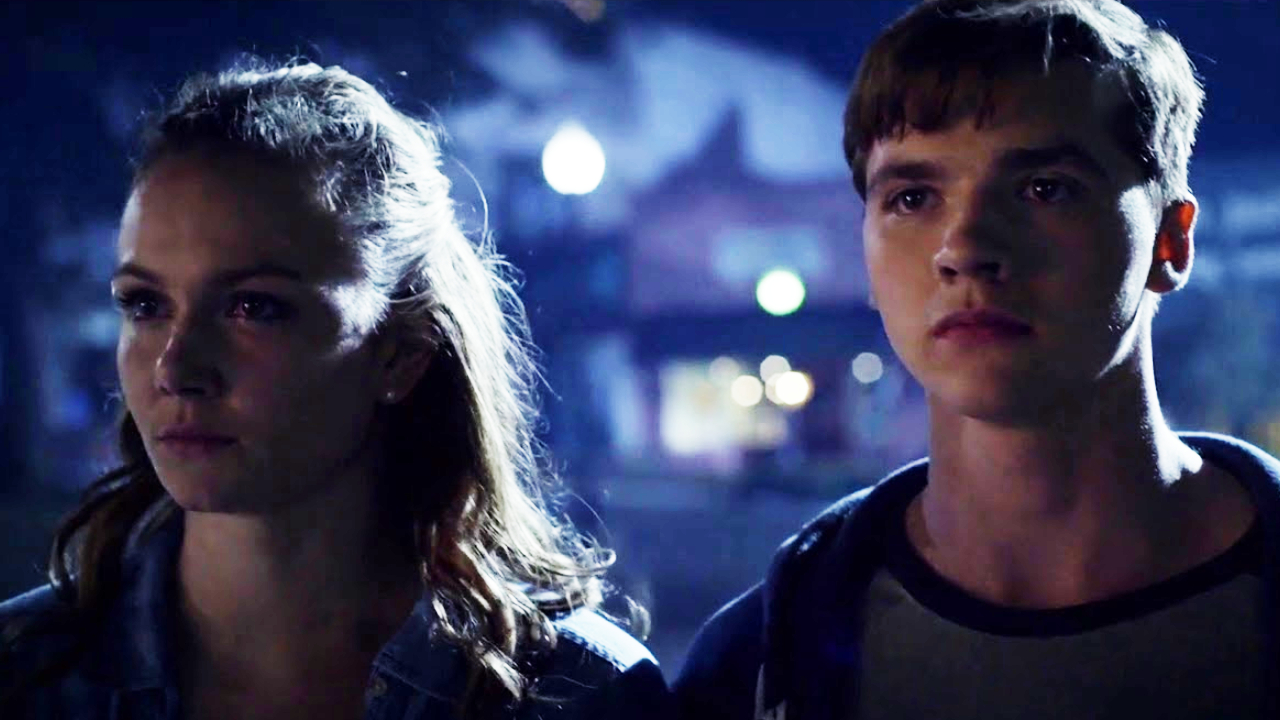
5. Assimilate (2019)
Even if you have heard of Assimilate — maybe because it stars the Halloween movies’ Andi Matichak and features one scene with Shadowhunters’ Katherine McNamara — I would not be surprised if you did not know it was a Body Snatchers adaptation. That is probably because director John Murlowski and co-writer Steven Palmer Peterson do not acknowledge the film as an official adaptation (save mentioning the similarities in interviews, like with InkTip) and give no proper credit to Jack Finney. However, his influence over this story about three teens (Super 8 cast member Joel Courtney, Reboot cast member Calum Worthy, and Matichak) realizing their friends and loved ones are being replaced by alien clones is unmistakably clear.
While they do reimagine the invasion as the symptom of an alien bug’s bite, add the catch that staying awake will not save you this time, and even allow the protagonists to interact with their fully developed clones, we still have the pods, the paranoia, and even the screeching. Unfortunately, I did not think our young protagonists were quite compelling enough to keep me invested in a story that already suffers from unintentional cheesiness (as far as I can tell) before reaching a conclusion that I found predictable and executed in a highly improbable way. I hate to sound too mean here, but I think it might be for the best that Finney’s name is not associated with this relatively generic and tame teen thriller.
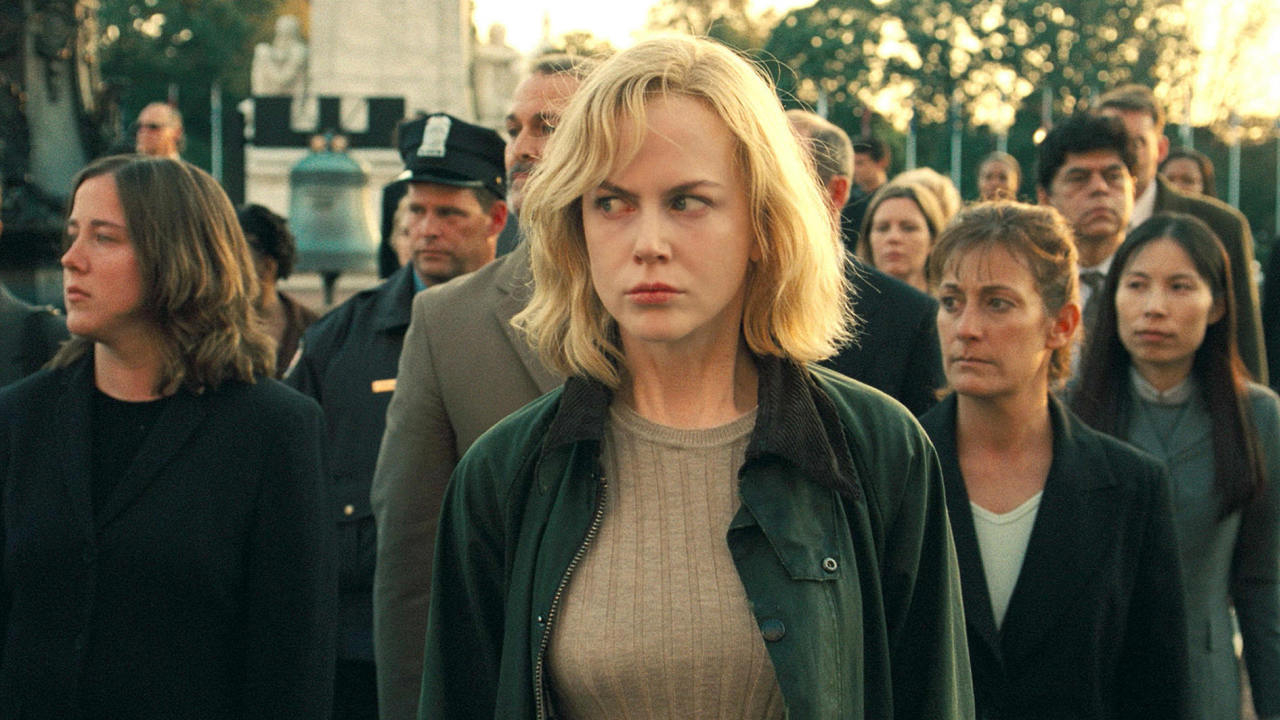
4. The Invasion (2007)
Despite my issues with Assimilate, I would call it a more faithful Body Snatchers adaptation than the last film to actually credit Finney, The Invasion, which does away with the pods and clones, but focuses on a virus that transforms the infected into emotionless shells of themselves if they fall asleep. However, what really makes director Oliver Hirschbiegel’s version unique is its almost favorable outlook on the effects of the invasion, positing that a world without emotion would lead to a world without conflict and that, by giving in to conformity, we can achieve a sense of peaceful unity. Honestly, I could not help but feel that the movie made a pretty good point.
It also benefits from a talented cast — including Academy Award winner Nicole Kidman, Daniel Craig, Jeffrey Wright, and 1978’s Invasion star Veronica Cartwright in a small role — but, as our own review of The Invasion from 2007 agrees, that is really all it has going for it. What bothered me, personally, was its lack of much nuance and a real handle on the eeriness and paranoia that has made the story effective in the past, but, especially, editing that made action sequences disengaging and important dialogue-driven moments confusing. Overall, I do wonder if this could have been a perfectly serviceable sci-fi thriller in my eyes if it was not a reinterpretation of a story that I believe was adapted much better three times before.
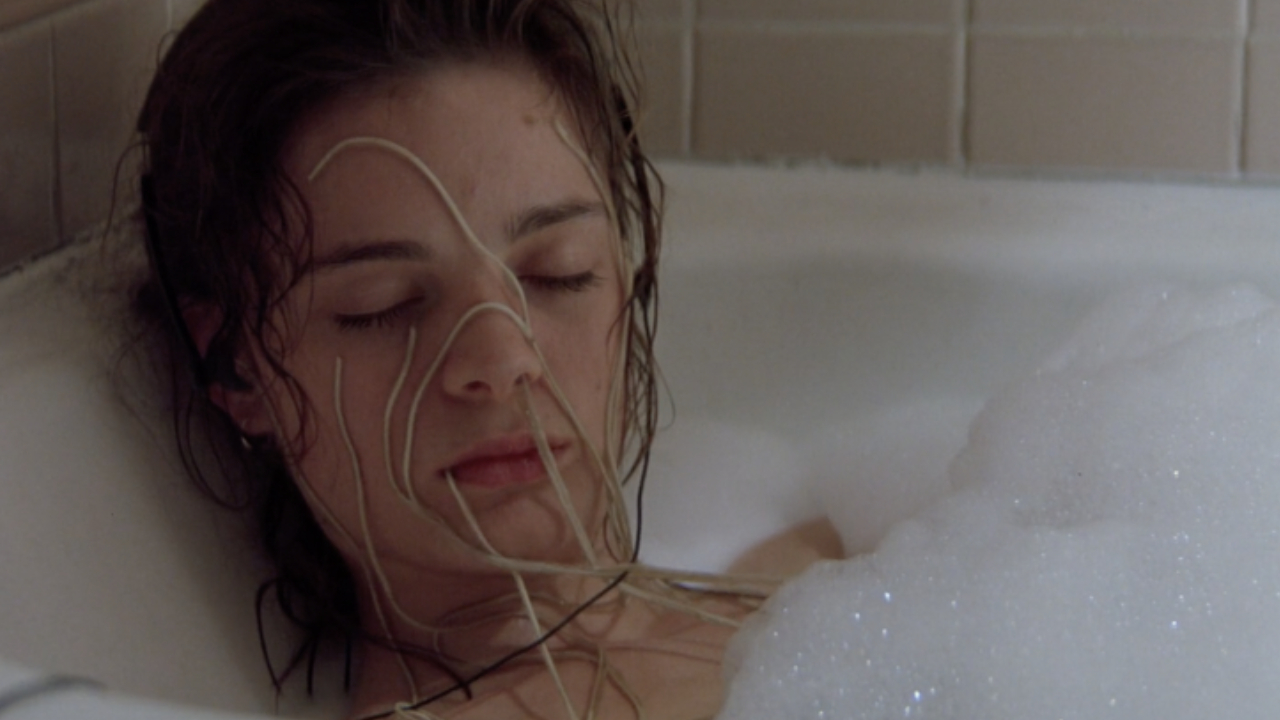
3. Body Snatchers (1993)
I imagine that saying I believe The Body Snatchers was adapted much better three times before The Invasion might convince some people that I am a pod person. Reason being, the third adaptation of the novel — simply titled Body Snatchers — is mostly forgotten, but many of those who do remember it regard it as one of the worst films inspired by Finney’s novel yet. While I would agree that it certainly lacks the same depth as the first two adaptations — more on them soon — I do not think it is fair to call it a bad movie at all.
In an effort to set itself apart from the previous adaptations, director Abel Ferrara’s new take is told from the perspective of a teenager (Scent of a Woman and Burn Notice’s Gabrielle Anwar) whose family moves to a military base that becomes the epicenter for the invasion, adding a refreshing level of claustrophobia. It also features some top-notch acting — especially from Academy Award winner Forest Whitaker, Meg Tilly, and R. Lee Ermey — some effective and even devastating scares and, while not the parable of paranoia it could have been, it does thrive on strong themes of humanity and the value of emotion. Plus, if Roger Ebert gives a horror flick a four-star review, you should know it is at least worth a try.
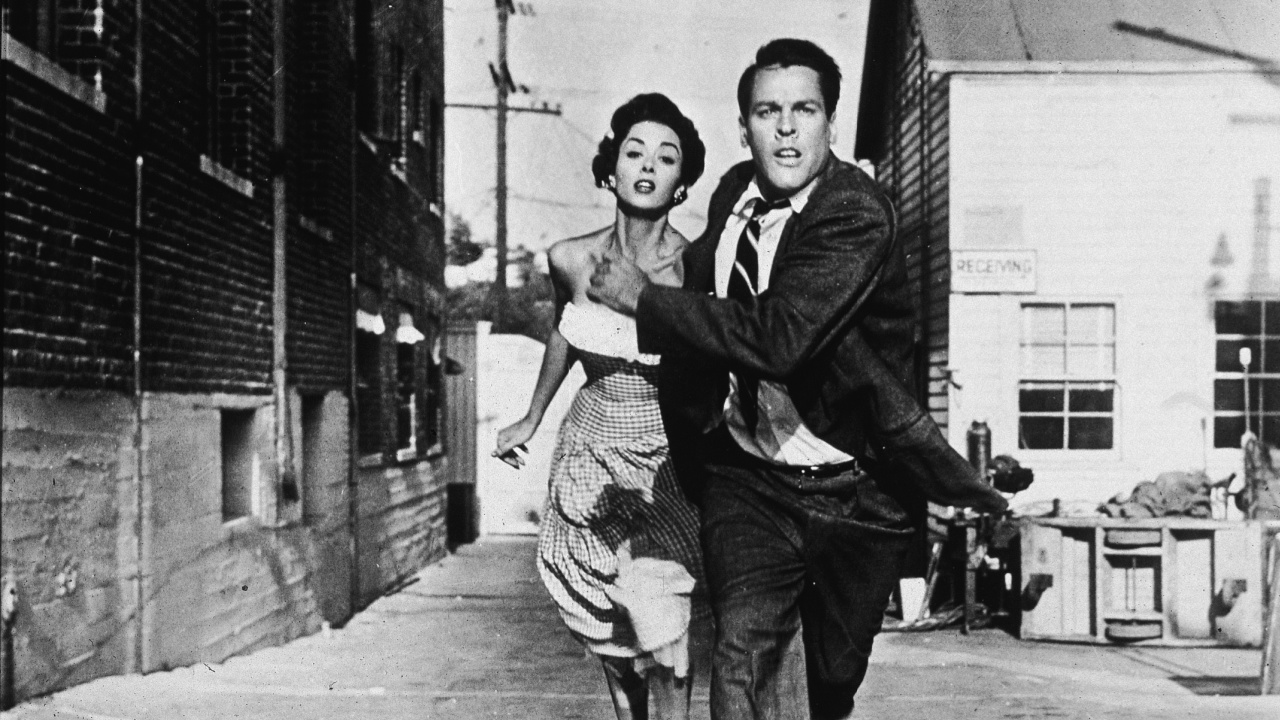
2. Invasion Of The Body Snatchers (1956)
Usually, when people think of classic alien invasion movies from the 1950s, they tend to picture flying saucers that abduct people via tractor beam or destroy entire cities with lasers, but not me. The first movie that comes to my mind rarely uses special effects to scare its audience and relies mostly on mood and atmosphere. I am referring to the very first adaptation of Finney’s novel and the first to go by the name Invasion of the Body Snatchers, which I believe remains an essential example of high-quality, B-movie drama.
Elevating the already smartly constructed, spine-tingling tale is star Kevin McCarthy, whose performance as Dr. Miles Bennell boasts not a single inauthentic moment and kept me fully invested in his crusade to preserve his own humanity and that of his lover, Becky Driscoll (Dana Winter). On top of that, I love how the film almost feels like a pre-George A. Romero zombie movie that substitutes grotesque, mindless corpses with a more sophisticated form of monster. It is easy to understand why director Don Siegel’s version of this story remains the top-rated adaptation and one of the all-time top-rated horror movies on Rotten Tomatoes at 98%, but I still cannot say it is my personal favorite.

1. Invasion Of The Body Snatchers (1978)
There are a handful of great horror movie remakes that I actually consider to be an improvement on their predecessor. I believe that director Philip Kaufman’s version of Invasion of the Body Snatchers absolutely achieves that distinction with a story that is not only creepier and smarter, but never attempts to directly recreate the first film while staying faithful to the tone and themes of source material. Furthermore, I would say that it manages to stand firmly on its own as one of the finest horror movies of the 1970s, regardless of its roots.
The film’s ceaselessly eerie atmosphere is at work to keep you on edge even before the first apparent sign of the invasion, just in the way the cinematography is directed and with the placement of extras bearing unsettlingly blank expressions in the background. The cast — featuring Brooke Adams, Star Trek’s Leonard Nimoy, and Jeff Goldblum in one of his best movies — is almost flawless, and putting Donald Sutherland in the lead was especially smart, given how his natural stoicism lends intriguingly to the film’s theme of emotional emptiness. It also introduced the pod people’s signature screech, which lends itself beautifully to the film’s famous shocker of an ending. No film has reflected Finney’s paranoid tone and anti-conformist themes more beautifully than this one, which easily earns it the top spot on my ranking.
While not every adaptation of his novel has been a winner in my eyes, I still believe that Jack Finney would be proud of the legacy he has since led on the big screen with the films he has inspired.



.jpg?w=600)



